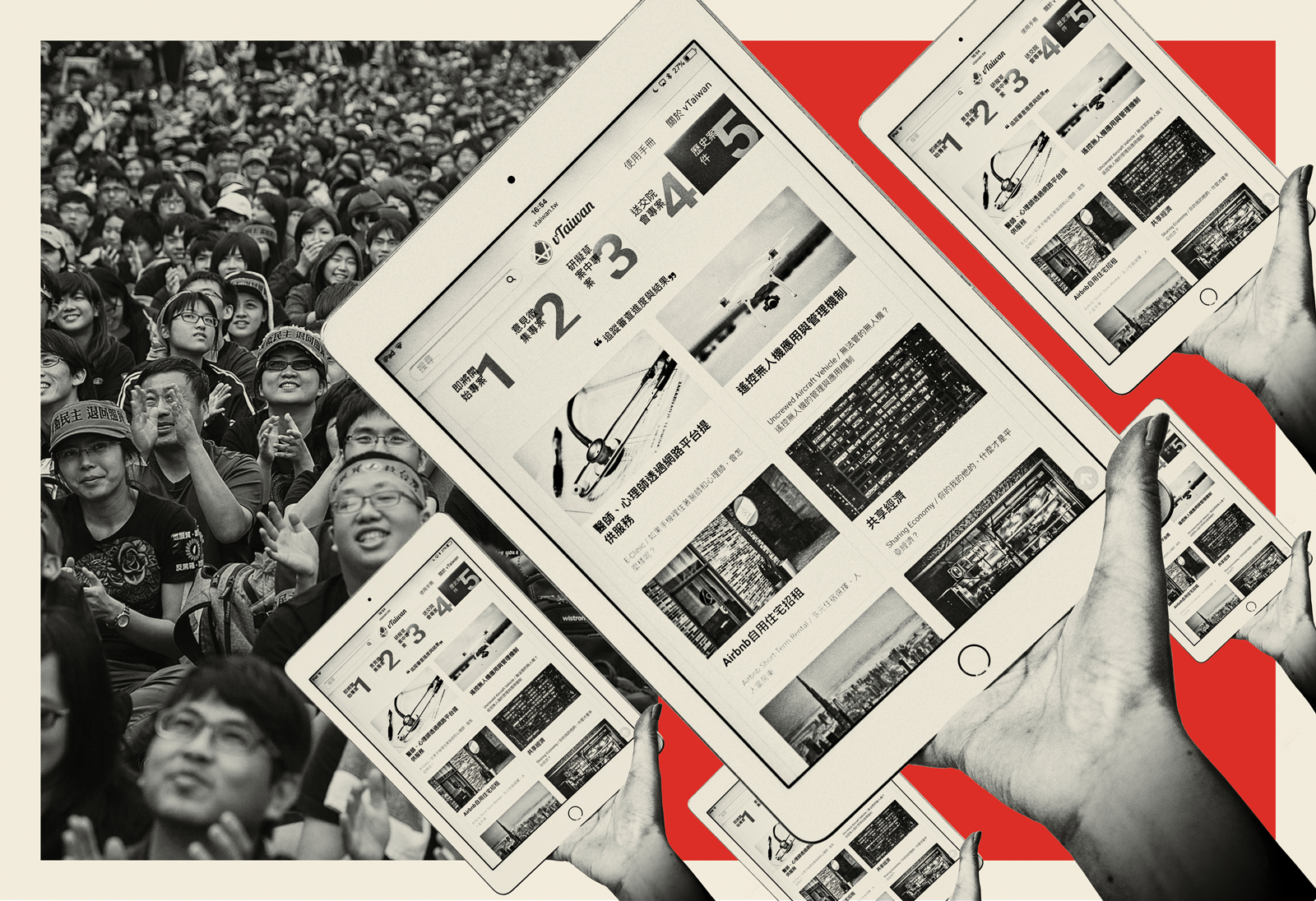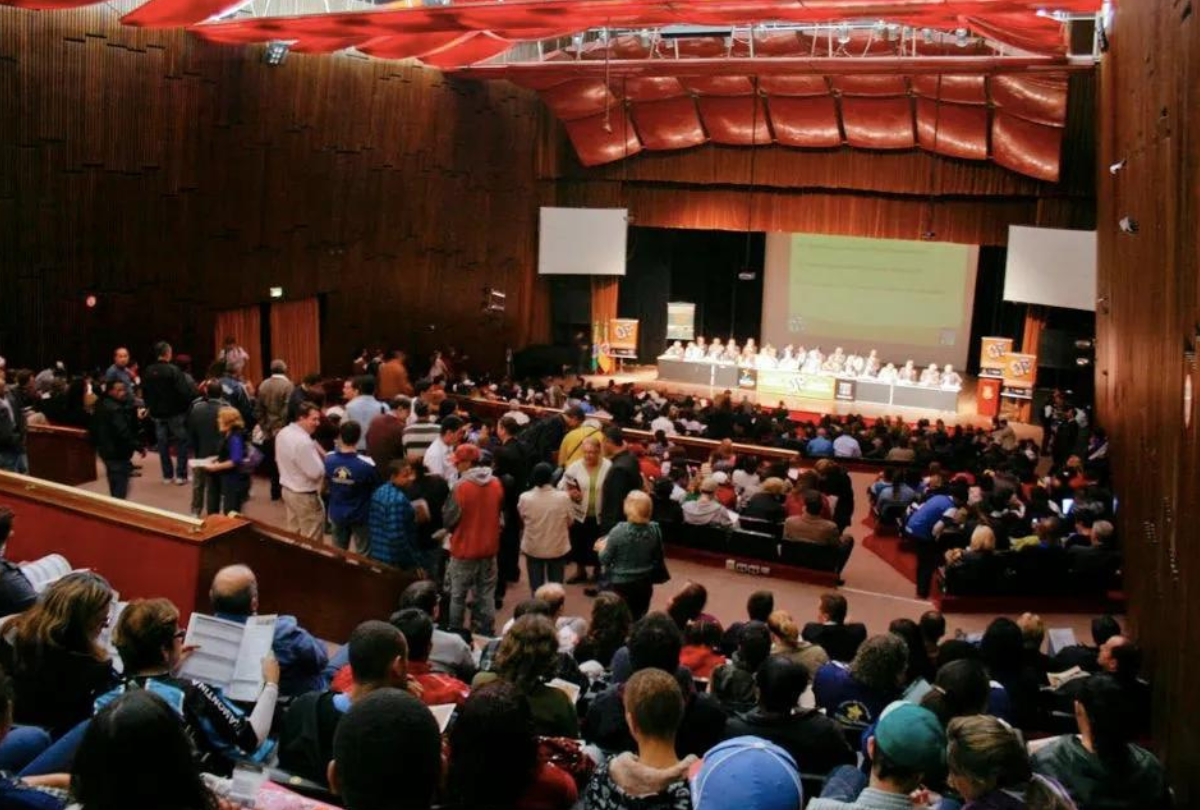Democracy as a Living, Learning System
Democracy thrives when it evolves. By treating it as a living, learning system—one that experiments, tells new stories, and keeps the future open—we can rebuild trust, deepen participation, and imagine forms of governance that meet the challenges ahead.
I’ve long believed democracy works best when we treat it as something living. So not a fixed structure to be defended at all costs, but a system that can learn, adapt, and evolve alongside the societies it serves. Like any living organism, it needs to adjust to new realities, integrate fresh ideas, and adapt to pressures it may not have faced before. It needs feedback loops, spaces for experimentation, and incentives that make engagement meaningful.
The problem is that many of our current democratic institutions aren’t evolving at the speed the world around them is changing. Trust is slipping. Voter turnout is stagnating. For too many people, politics has become a performance happening somewhere else, rather than a shared project they feel they can shape. If democracy is to remain relevant and resilient, we need to redesign it with this living, learning quality in mind. And for me, that starts with looking both backward and forward: learning from history while daring to imagine forms of democracy we haven’t yet tried.
Old Questions in New Times
Recently, when I picked up a post–WWII book called ‘What is Democracy’ by Danish philosopher Hal Koch. I expected it to feel like a bit like a relic of another era. Instead, it read like a commentary on our very present moment. His debates about freedom of speech versus propaganda, and his insistence that a lasting political democracy must also be an economic democracy, could have been written in response to today’s headlines.
Koch argued that discussion—the ongoing, messy, participatory act of engaging with one another—was more important than the vote itself. The ballot box mattered, of course, but it was the conversations, the deliberations, and the exchange of perspectives that gave democracy its real strength. He also reminded us that majority opinion didn’t always mean truth, and that a healthy democracy needed safeguards against the tyranny of the majority.
When I look at today’s global political climate, from trade wars and tariff brinkmanship to the rise of political strongmen, the relevance is striking. Koch was writing in the shadow of a world war, in a moment when rebuilding democratic legitimacy felt urgent. Today, we’re in a different kind of rebuilding moment. The context has changed, but the underlying challenge remains: democracy’s survival depends on keeping it alive in the daily habits and practices of citizens, not just in the halls of formal institutions.
Crisis as Catalyst
One of the clearest parallels between Koch’s time and ours is the role of crisis. Crises have always been turning points for democracy. They expose weaknesses, test resilience, and sometimes open the door to transformation. But too often, they are framed purely as threats to be survived.
In futures work, we try to see crises as learning moments—as opportunities to rethink how systems work and to rehearse what comes next. Simulation games, for example, allow people to inhabit the decision-making process under pressure. You can feel the weight of incomplete information, conflicting priorities, and the need to make trade-offs. It’s one thing to read about governance in a textbook; it’s another to live through a simulation that forces you to negotiate and adapt in real time.
These tools aren’t meant to try to prove that democracy is “the best” system in some abstract sense. They’re about giving people a felt experience of what it means to govern together, and why the messy, participatory nature of democracy, frustrating as it can be, has value worth protecting.
When trust in institutions falters, reforms are necessary, but they’re not enough. We also need alternative structures of belonging and social security that anchor people in a shared civic space. That might mean citizen assemblies that give ordinary people a seat at the table, cooperative ownership models that connect economic power to democratic voice, or hybrid digital-physical forums that blend online participation with face-to-face deliberation. The format matters less than the experience: participation must feel real, consequential, and worth the time invested.
Democratic Futures in Action
Protecting an Open Future
This is where Jonathan White’s In the Long Run adds a vital layer. His central question—What happens to democracy when the future no longer feels open?—has echoed in my mind since I read it.
It’s deceptively simple, but it gets to the heart of why democracy needs futures thinking. Democracy is, by nature, a system that assumes tomorrow can be better than today, that we can correct mistakes, that change is possible. It’s built on the premise that the future is open—not predetermined, not closed off.
White frames this through a set of powerful dualities: open vs. closed futures, near vs. far horizons, rational vs. impulsive politics. His point is clear: when politics becomes dominated by the short-term and the reactive, when the idea of a different or better future becomes unimaginable, democracy’s self-correcting capacity starts to erode.
Futures thinking can help here by deliberately opening up the space of what’s possible, by keeping multiple futures in play, we keep the political imagination alive. And that imagination is an absolute democratic necessity.
Narratives as Democratic Infrastructure
In futures studies, we often say that scenarios are the manuscripts of the future. They map cause and effect, chart pathways, and explore different ways events might unfold. But at their core, scenarios are narratives—stories we tell to make complexity tangible and to give meaning to possible worlds.
A democratic narrative works in much the same way. It more than just describe a governance structure; it invites people into it. It has to be vivid, relatable, and possible. Not a utopian daydream, but a story people can imagine themselves living in and contributing to.
The trouble is, much of today’s political storytelling is rooted in nostalgia. It looks backwards, longing for a “better time” rather than imagining what’s next. But nostalgia alone can’t carry democracy forward. Societies evolve. Technologies reshape how we live and connect. Our narratives must evolve too. We need stories of the future that are aspirational without being detached from reality, and that invite citizens to be co-authors rather than passive audiences.
Imagining Forward
One of the habits we need to break is treating history as the only source of inspiration. History is rich with lessons, but it can also anchor us to patterns that no longer serve us. Futures thinking asks us to do something harder: to imagine a democracy that has never existed before.
That might mean experimenting with new incentives for participation, designing systems that make long-term stewardship as politically rewarding as short-term wins. It might mean embedding cooperative economics more deeply into governance, so that political democracy is matched by economic democracy. It could involve integrating foresight into the political process itself, so that legislatures don’t just respond to crises, but anticipate and prepare for them.
Simulation and participatory foresight exercises could become part of civic education, letting citizens “test-drive” democratic futures before they arrive. Instead of leaving system design to a small political elite, we could make the very experience of shaping democracy a more widely shared act.
The Work Ahead
If democracy is truly a learning system, then our work is to keep it learning. That means protecting the space for open futures, resisting narratives that narrow our horizons, and using crises not just as moments to defend democracy, but to reinvent it.
As a futurist, I see my role as helping people experience these possibilities—through scenarios, simulations, and shared storytelling—so they can better navigate the trade-offs and choices ahead. The more vividly we can imagine democratic futures, the more agency we have in shaping them.
Democracy isn’t just something we inherit nor something that we are passively part of. It’s something we remake, continuously. And the more people we bring into that process, the stronger—and more resilient—it becomes.
Because in the end, democracy is a future we write and make together. And every new chapter starts with the courage to imagine something different.






